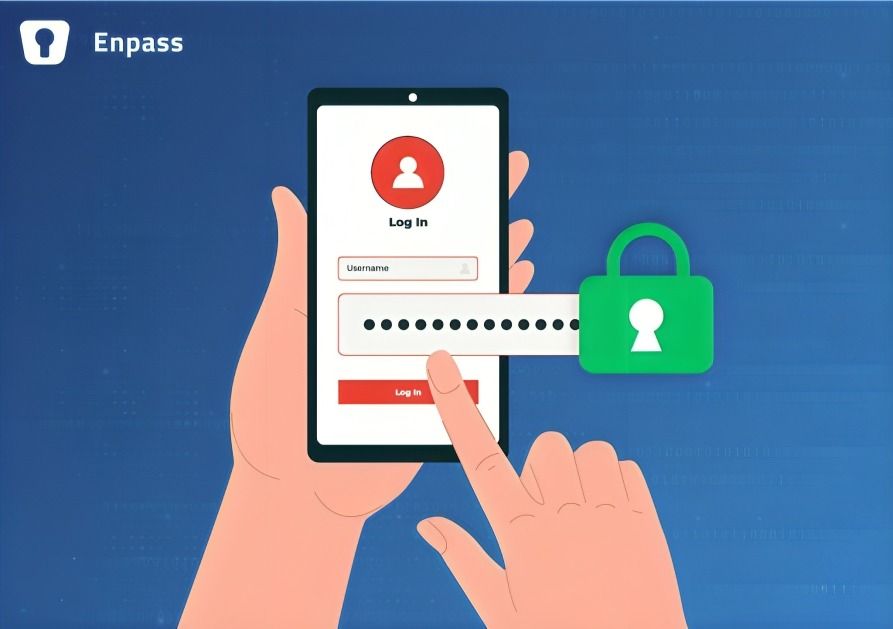
“
In today's digital world, online safety is paramount. It's essential to Tell a Trusted Adult About Online Safety Issues you encounter. This blog delves into 20 crucial facts about why involving a trusted adult can significantly protect yourself online. From preventing cyberbullying to safeguarding personal information, understanding these facts will empower you to handle online threats responsibly. Explore how open communication with trusted adults enhances online safety and ensures a secure digital experience.1
1
”
Over 60% of children aged 8 to 12 have faced online bullying, according to global studies. "Tell Someone" promotes speaking up about such issues to ensure swift action and support for victims in managing harmful online encounters.1
Cybercrime costs the global economy over $1 trillion annually, with phishing attacks making up more than 80% of incidents. Raising awareness about recognizing and reporting these threats can minimize financial and personal damage.2
Nearly 40% of all internet users have experienced some form of cyber harassment. Initiatives like "Tell Someone" empower individuals to report such harassment, creating a safer online environment through timely action.3
Over 95% of teens have witnessed cyberbullying, but only a third of them report it. Telingl Someone encourages bystanders to step up, fostering a culture where online abuse is reported and addressed efficiently.4
Approximately 68% of personal data breaches occur due to weak passwords. Users are advised to report suspicious password-related issues and use stronger, multi-factor authentication to secure their accounts.5
Social media sites are among the most common platforms for identity theft. It’s important to be aware of the risks of oversharing personal information and to report any suspicious activities immediately.6
28% of phishing email recipients have fallen victim to scams. "Tell Someone" campaigns focus on educating the public about recognizing phishing attempts and promptly reporting them to prevent further exploitation.7
Digital fraud rates have surged by 50% since the COVID-19 pandemic, with scammers preying on the vulnerable. "Tell Someone" spreads awareness about online fraud and offers guidance on reporting and avoiding financial scams.8
The average internet user has over 100 online accounts, many of which may be vulnerable to breaches. Users should be vigilant, report data breaches, and regularly update security settings to protect personal information.9

Internet usage among children increased by 50% during the pandemic, heightening their exposure to online predators. It’s important to report predatory behavior to help authorities take immediate action to protect children.
Malware infections have risen by 200% over the past five years. "Tell Someone" aims to inform the public about safe internet practices, encouraging them to report malware-infected devices to prevent widespread cyber threats.10
Social engineering attacks have increased by 65% since 2020. It's important to recognize manipulation tactics online and report attempts to trick individuals into revealing sensitive information.11
With over 4.5 billion internet users worldwide, millions fall victim to cybercrime each year. Emphasizing the global need for vigilance, users should report threats as a collective effort toward safer internet spaces.12
Research shows that only 55% of parents monitor their children's online activities. "Tell Someone" advocates for parental guidance and timely reporting of any inappropriate content that children may encounter while surfing the web.13
Sextortion cases have doubled in the last two years. Telling Someone aims to create awareness around this dangerous threat, encouraging victims to come forward and report such incidents to stop further abuse.14
Thirty percent of internet users have never cleared their browsing history, risking data exposure. It's important to promote better privacy practices and encourage the reporting of data breaches to maintain personal and organizational privacy.15

Approximately 68% of data breaches occur due to weak passwords. Users are encouraged to report suspicious password issues and use stronger, multi-factor authentication to enhance account security and prevent breaches.
Hackers attack every 39 seconds on average, which equates to over 2,200 attacks per day. Telling Someone promotes raising awareness on how to recognize and report these attacks, ensuring proactive internet security measures.16
Studies show that 90% of data breaches are caused by human error. "Tell Someone" emphasizes training and educating users to avoid mistakes and encourages reporting incidents immediately to minimize damage.17
Deepfake technology is becoming more sophisticated, with fake videos spreading misinformation online. It’s crucial to inform the public about this threat and advocate for swiftly reporting suspicious videos to halt the spread of false information.18


